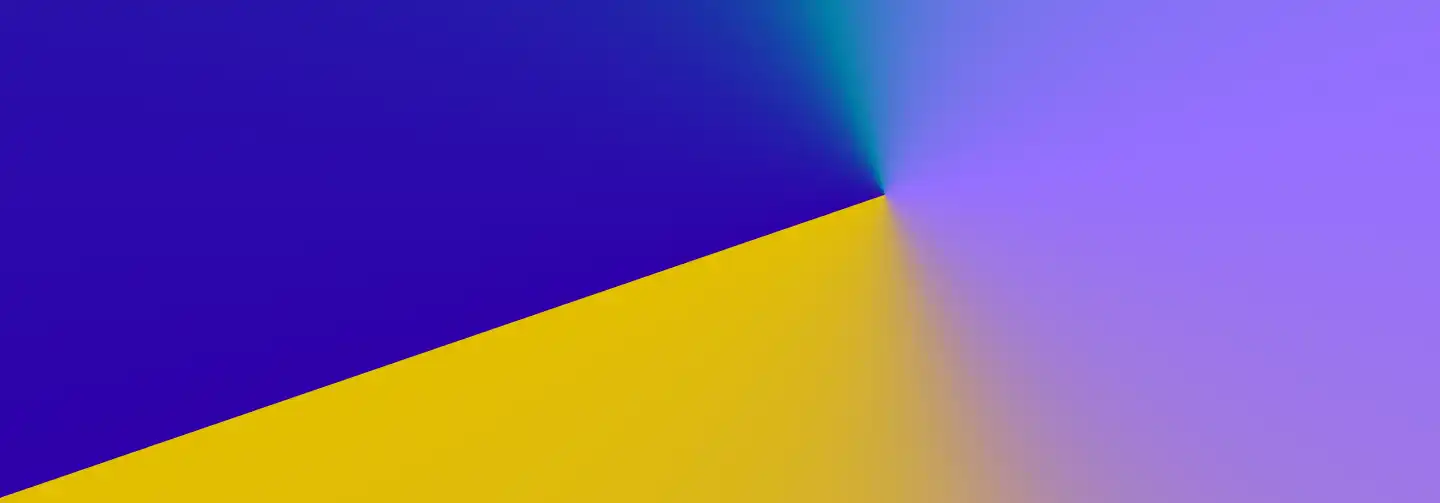
B2B Articles - Feb 16, 2011 12:44:41 AM - By Ironpaper
Social networking websites like Twitter and Facebook are helping to transform nations by allowing communication and collaboration between communities. As an added benefit, those social tools also allow the world to watch dissent from abroad shape the political leadership of nations. Egypt was such a case. Egyptians used Facebook and Twitter to organize and create a digital soapbox that transformed their Government swiftly.
This week, the Obama administration announced a new policy to aid Internet users worldwide use the web freely--even in autocratic nations that put controls and limits on Internet usage and content access. Although many feel that the Internet can be a vital platform for helping citizens feel and become more empowered, it is less clear what specific tools or projects will help Internet users stay one step ahead of censors and barriers to freedom or information and collaboration.
Some, like Mrs. Hillary Clinton, feel that the US should support a variety of tools in the quest for advancing Internet freedom and lowering barriers to content and information. This approach has the benefit of creating a competitive and innovative process--multiple competing technologies and approaches. Additionally, the diversity approach may also make it harder for repressive governments to target and void the capabilities of any single tool.
Some may find this new policy contradictory to certain actions and agendas within the US. For example, the recent incidents with Wikileaks may highlight the inherent contradictions with this new policy at home.